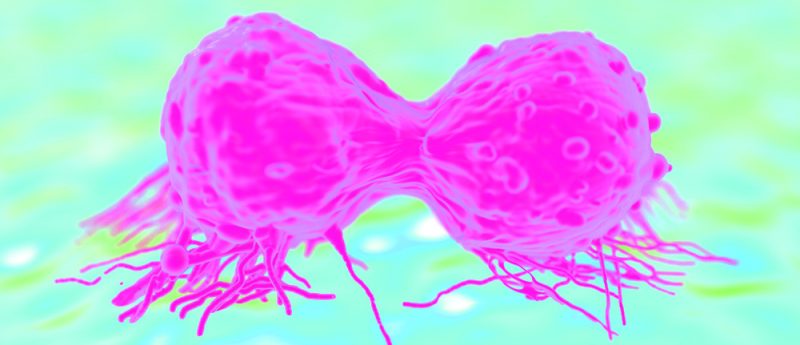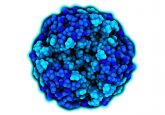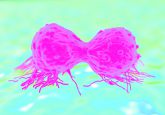Biomarkers identified in response to invasive breast cancer treatment

At the San Antonio Breast Cancer Symposium (TX, USA , 6–10 December 2016), researchers from the University of North Carolina (NC, USA) reported biomarkers that can be utilized to predict drug resistance. The team, led by Maki Tanioka (University of North Carolina), identified specific biomarkers that could enable clinicians to predict how HER2-positive breast cancer patients will respond to trastuzumab treatment and chemotherapy, taking the field closer to a personalized approach to cancer therapy.
“HER2-positive breast cancer is genomically heterogeneous. Therefore, we need a model that incorporates all these different features. We are actively seeking a set of patient data that we can use to validate the biomarkers we have identified so we can create a comprehensive predictive model of response to allow us to better tailor treatment,” commented Tonioka.
The scientists analyzed various biological features of cancer cells from 213 HER2-positive individuals. Through studying DNA copy numbers, DNA mutations and RNA gene expression, the researchers demonstrated that certain gene signatures were predictive of how individuals responded to treatment.
In the HER2-positive patients the amplification of a specific gene, MAPK14, on a particular chromosome, was suggested to be a predictor of sensitivity to treatment compared with certain gene deletions that predicted resistance. Following the identification of these biomarkers, the next step will be to identify another set of data in order to validate and broaden these findings.
Sources: Tanioka M, Fan C, Carey LA et al. For invasive breast cancer, researchers identify biomarkers of treatment response. Proceedings of San Antonio Breast Cancer Symposium. San Antonio, TX, USA, 6–10 December 2016; www.unclineberger.org/news/researchers-identify-biomarkers






